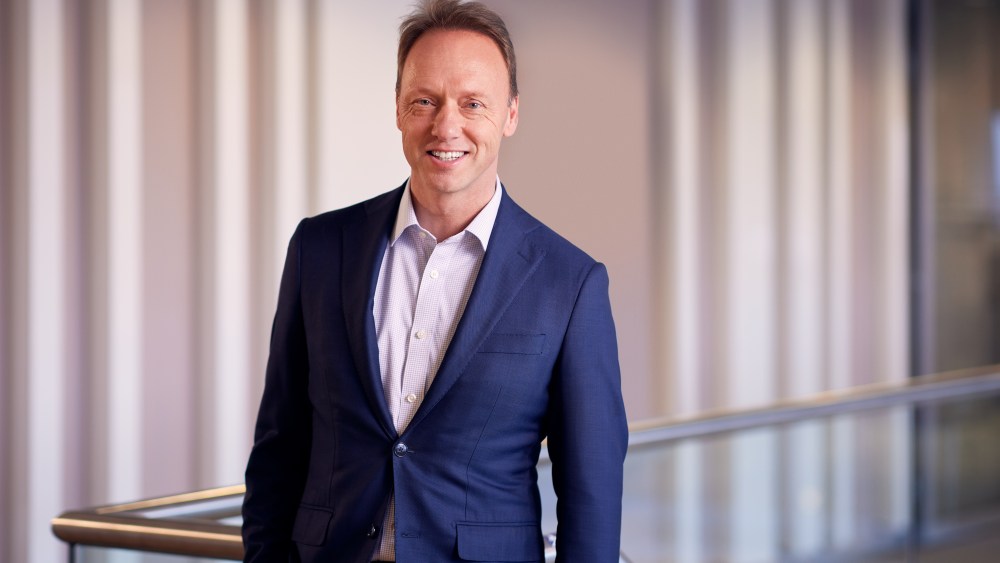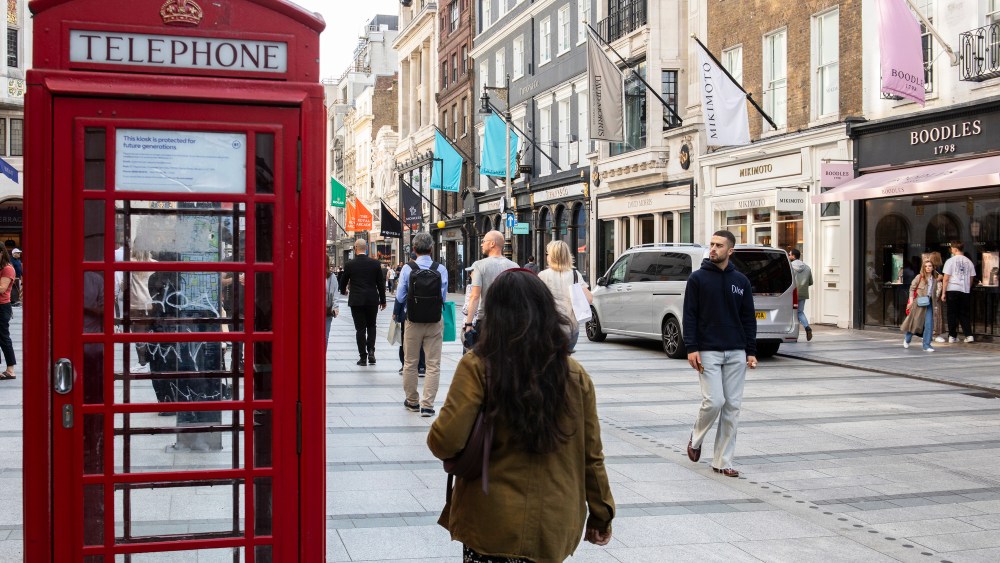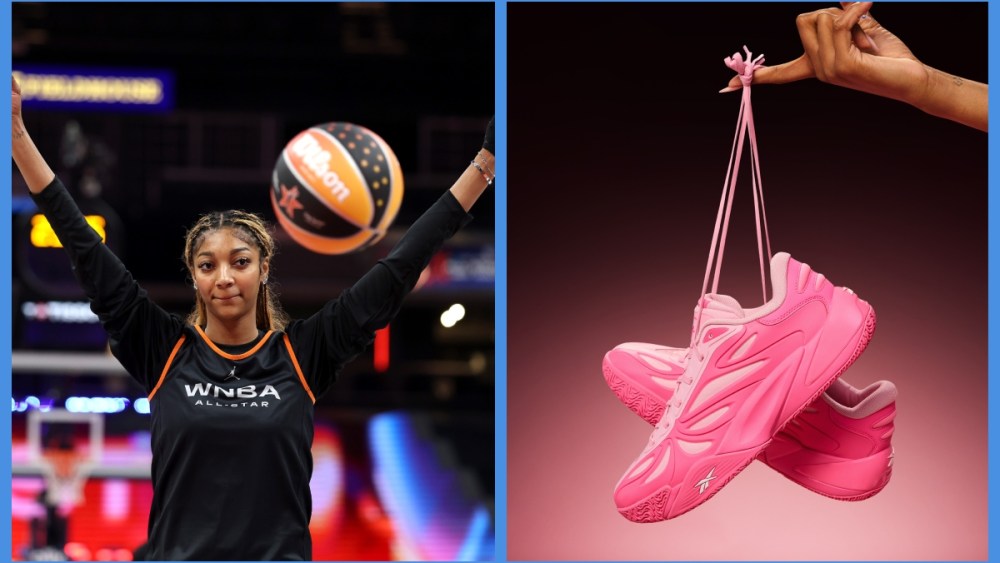LONDON – Beauty and wellbeing sales helped to fuel Unilever’s growth in the first fiscal half, which was fraught with drama, including the abrupt departure of Vasiliki Petrou as head of the consumer giant’s successful Prestige Division, and thousands of European layoffs in the coming months.
In the six months to June 30, turnover rose 2.3 percent to 31.1 billion euros, with underlying sales rising 4.1 percent. In the second quarter, turnover rose 2.2 percent to 16.1 billion euros, and 3.9 percent underlying.
That compares with the first fiscal quarter where reported growth was 1.4 percent and underlying growth was 4.4 percent.
You May Also Like
Net profit in the first half was up 3.5 percent to 4 billion euros.
Shares were up 5.6 percent to 46.42 pounds at 11:20 a.m. CET.
The Beauty and Wellbeing division saw the biggest uptick in revenue in the first six months. Reported sales climbed 5.1 percent to 6.5 billion euros, while underlying sales growth was 7.1 percent.
Hein Schumacher, Unilever’s chief executive officer, said the company is focused on driving “high-quality sales growth and gross margin expansion, led by our Power Brands. Over the first half, we made progress on those ambitions.”
He said the company would continue to pursue its strategy of “doing fewer things, better and with greater impact.” The 30 Power Brands are the company’s biggest money-spinners and account for around 75 percent of turnover. In beauty, they include Dove and Vaseline.
He said the implementation of a “comprehensive productivity program” and the previously announced separation of the Ice Cream Division would transform Unilever into a “consistently higher performing business.”
As part of that productivity program, Unilever plans to make 7,500 office-based layoffs globally and achieve total cost savings of around 800 million euros over the next three years.
Earlier this month, British media outlets reported that, as part of the layoff plan, Unilever is set to cut a third of all office roles in Europe by the end of 2025, or around 3,200 roles. Unilever did not address the latest cuts in its first-half update on Thursday.

Looking ahead, Schumacher said underlying sales growth for the rest of the fiscal year would fall between a previously-announced, multi-year range of 3 to 5 percent, with the majority of growth driven by volume.
Unilever said that in the first half, the Beauty and Wellbeing division benefited from double-digit growth from health, wellbeing and prestige beauty sales combined, although there was “softer growth” in prestige sales, reflecting a slowdown in the U.S. beauty market.
The company said that in the six-month period, Liquid IV grew strong double digits with the continued success of its sugar-free variant, launch of new flavors supported by prominent social media campaigns, and ongoing international rollout.
Olly and Nutrafol contributed double-digit volume growth. Tatcha and Hourglass grew double digit, while Paula’s Choice was affected by the market slowdown in the U.S.
In its lengthy first-half performance summary, the company did not address the drama that unfurled in the first six months of the year.
As reported, Petrou revealed her departure last month after a decade at Unilever, where she built the Prestige Division, which sits within Beauty and Wellbeing, from scratch, through a flurry of M&A activity.
Under Petrou’s leadership, Unilever became known for successfully integrating founder-led brands into the company with a method that respected the vision of the founder while allowing the brands to capitalize on the operational expertise and scale of the parent company.



